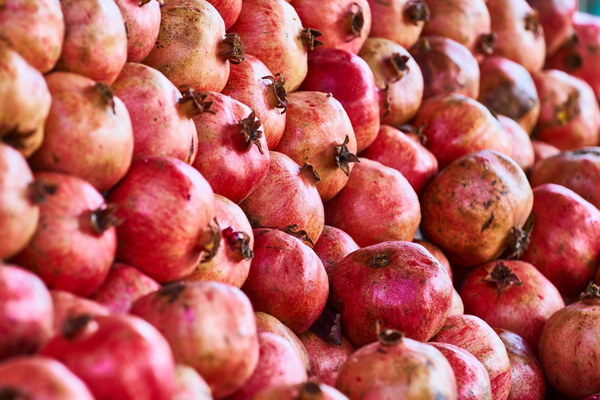Nourishing Your Stomach During Breastfeeding A Comprehensive Guide
Breastfeeding is a natural and beautiful way to provide your newborn with the nutrients they need to grow and thrive. However, it's also an important time to pay attention to your own health, especially your stomach. Nourishing your stomach during breastfeeding can help ensure you have enough energy to care for your baby and can also have a positive impact on your overall well-being. Here's a comprehensive guide to help you maintain a healthy stomach during breastfeeding.
1. Eat a Balanced Diet
A balanced diet is crucial during breastfeeding. Focus on incorporating a variety of nutrients into your meals to support your stomach health and milk production. Here are some key components to include:
- Protein: Essential for muscle repair and milk production. Include lean meats, poultry, fish, eggs, legumes, and dairy products in your diet.
- Carbohydrates: Provide energy for you and your baby. Opt for whole grains, fruits, and vegetables.
- Fats: Healthy fats are important for milk production and your baby's brain development. Include avocados, nuts, seeds, and olive oil in your meals.
- Fiber: Helps maintain digestive health and keeps you feeling full. Incorporate fruits, vegetables, whole grains, and legumes into your diet.

- Vitamins and Minerals: Essential for your health and milk production. Focus on foods rich in vitamins A, C, D, E, K, and calcium, iron, and magnesium.
2. Stay Hydrated
Proper hydration is crucial for maintaining a healthy stomach during breastfeeding. Drink plenty of fluids throughout the day, including water, herbal teas, and milk. Avoid sugary drinks and caffeine, which can contribute to stomach upset.
3. Small, Frequent Meals
Your stomach may be more sensitive during breastfeeding, so it's important to eat small, frequent meals rather than large meals. This can help prevent discomfort and ensure you have enough energy to care for your baby. Aim for three meals and two to three snacks each day.
4. Avoid Trigger Foods
Some individuals may find that certain foods can trigger stomach discomfort during breastfeeding. Common trigger foods include dairy, wheat, soy, and spicy foods. Keep a food diary to identify any potential trigger foods and adjust your diet accordingly.
5. Manage Stress
Stress can affect both your stomach health and milk production. Find ways to manage stress, such as exercising, meditating, or spending time with friends and family. Adequate rest is also important, as it can help reduce stress levels.
6. Try Probiotics
Probiotics are beneficial bacteria that can help maintain a healthy gut. Consider incorporating probiotic-rich foods, such as yogurt, kefir, and fermented vegetables, into your diet. You can also talk to your healthcare provider about taking a probiotic supplement.
7. Seek Professional Advice
If you're experiencing persistent stomach discomfort or other health issues during breastfeeding, it's important to seek professional advice. Your healthcare provider can help identify any underlying causes and recommend appropriate treatments.
In conclusion, nourishing your stomach during breastfeeding is essential for both your health and your baby's well-being. By focusing on a balanced diet, staying hydrated, managing stress, and seeking professional advice when needed, you can ensure a healthy and enjoyable breastfeeding journey. Remember, taking care of yourself is just as important as taking care of your baby.









